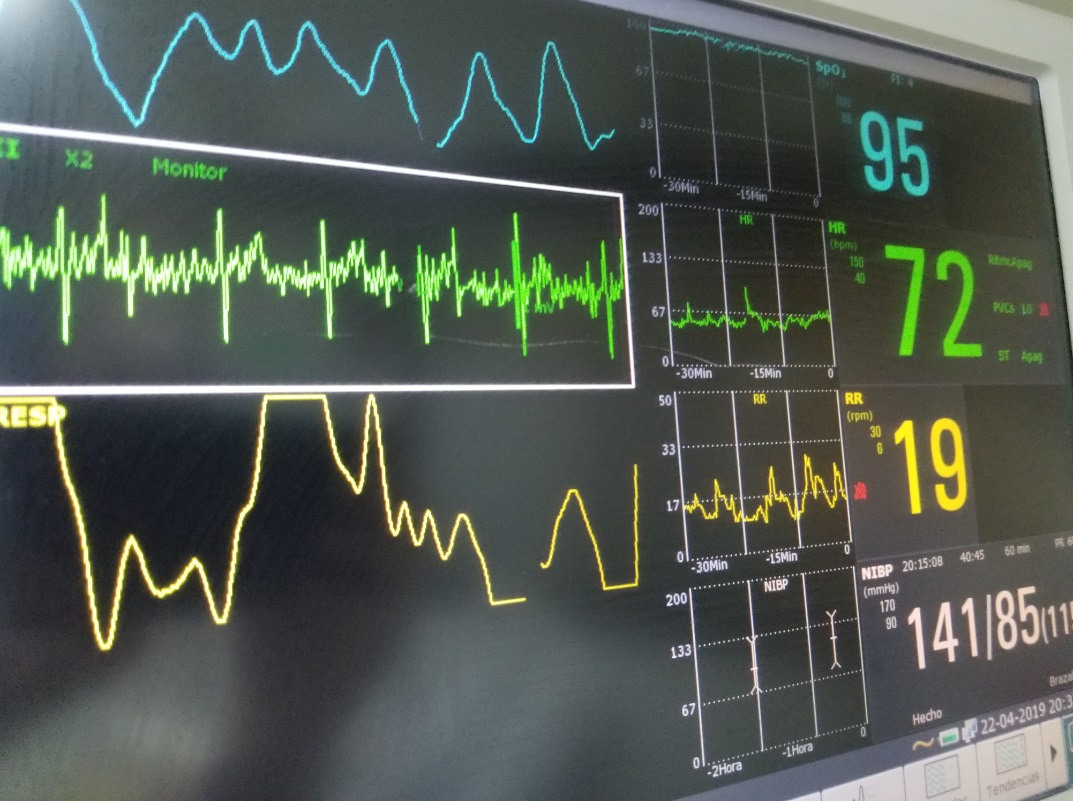Article
Mental health risk to heart attacks probed
Posted on the 15th February 2023

Young adults with depression or overall poor mental health could be at a greater risk of heart attacks, strokes and cardiovascular disease.
The findings, published in the Journal of the American Heart Association, add to a large body of evidence linking cardiovascular disease risk and death with depression. However, further research is still required to understand how one may lead to the other.
Undertaken at the Johns Hopkins Ciccarone Center for the Prevention of Cardiovascular Disease in Baltimore, the study analyzed data from 593,616 adults who were 35 years old on average.
Those involved had previously participated in the Centers for Disease Control and Prevention's Behavioral Risk Factor Surveillance System, a self-reported nationally representative survey, between 2017 and 2020.
Participants recorded if they had ever been told they had a depressive disorder and the number of days they experienced poor mental health during the past month.
They also reported whether they had experienced a heart attack, stroke or chest pain, or have had cardiovascular disease risk factors including high blood pressure, high cholesterol, being overweight or having obesity, smoking, diabetes, physical inactivity and not eating enough fruits and vegetables. People who had two or more of these risk factors were considered to have suboptimal cardiovascular health.
The new research showed that young adults who reported having depression had more than double the odds of cardiovascular disease compared to those without depression. For people without established cardiovascular disease, those who reported depression had 1.8 times higher odds of suboptimal cardiovascular health than those without depression.
Likewise, the greater the number of poor mental health days they reported, the more likely they were to have cardiovascular disease. Compared to people who reported no poor mental health days in the past month, those who reported up to 13 poor mental health days had 1.5 times higher odds of cardiovascular disease, while participants with two weeks to a full month of poor mental health days had double the odds.
Previous research suggests at least one-quarter of people with heart conditions and a third of stroke survivors develop symptoms of depression.
In a 2021 report, the American Heart Association recognized the link between psychological health and cardiovascular health and recommended health care professionals assess the mental health of people with or at risk for heart disease and stroke.
While the new study provides a snapshot of cardiovascular health among young people with depression, there is now a need to examine how depression impacts cardiovascular health over time.
There have also been calls for greater collaboration between mental health professionals and those who treat people for heart disease and stroke, as well as increased screening and monitoring for heart disease in people with mental health conditions.

